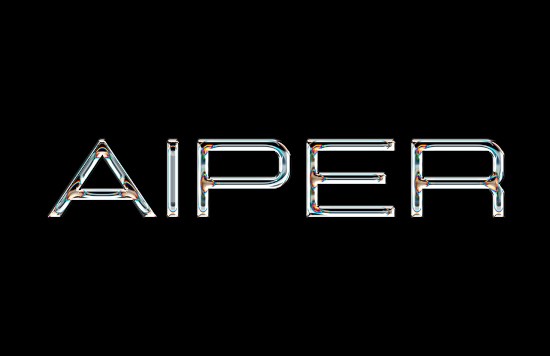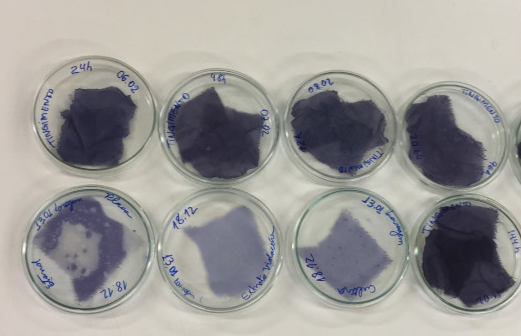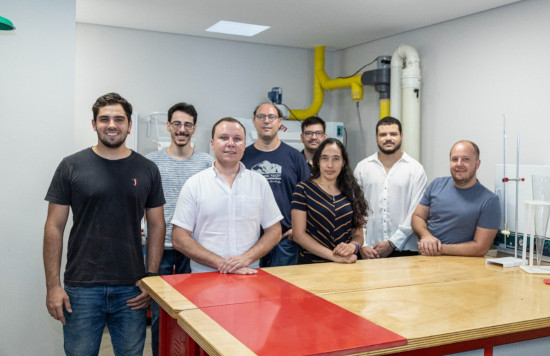AIPER
The Brazil-based start-up AIPER has developed an innovative process for production of microbial biopigments that can be applied in textile dyeing and cosmetics. AIPER`s product is a sustainable replacement for synthetic dyes which are often toxic and negatively affecting the environment. On the contrary, their innovation is biodegradable and non-toxic. For this reason, AIPER, who was one of the Open Labs Brazil winners, has been chosen as the ISC3 Start-up of the Month for August 2022.
Year of Foundation:
November 2021
Addresses the following SDGs:
SDG 6 (Clean Water and Sanitation), SDG 8 (Decent Work and Economic Growth), SDG 9 (Industry, Innovation and Infrastructure), SDG 12 (Responsible Consumption and Production), and SDG 14 (Life below Water)




